Being The Batman: Matt Reeves calls his Dark Knight 'the quintessential Bruce Wayne'


Superhero origin stories are nothing new.
For the last 50 years, since the start of the current cinematic age of superhero movies that can be linked back to 1977's Superman, the formula has been an industry standard.
The first movie starts with the hero's origin, battling with demons of some sort before taking down their first supervillain, and cue sequel.
And no hero exemplifies it more than DC Comics' Batman.
Even if you remove the 1960's Batman TV series, and start from Tim Burton's seminal take of the Dark Knight, the Caped Crusader has had multiple successful cinematic outings.
From Ben Affleck's DCEU Batman, the man who founded the Justice League, Christian Bale's grounded billionaire in the fan-favourite Dark Knight trilogy by auteur Christopher Nolan, to Michael Keaton brooding demeanour and the latex suits that he inspired. How camp!
In fact, his origin is something that fans around the world would know.
But beyond the murder of Thomas and Martha Wayne that shaped the life of young Bruce Wayne, turning him from socialite by day and vigilante by night, what took place between the time he first put on the cowl and became the greatest non-superpowered hero the world has ever seen?
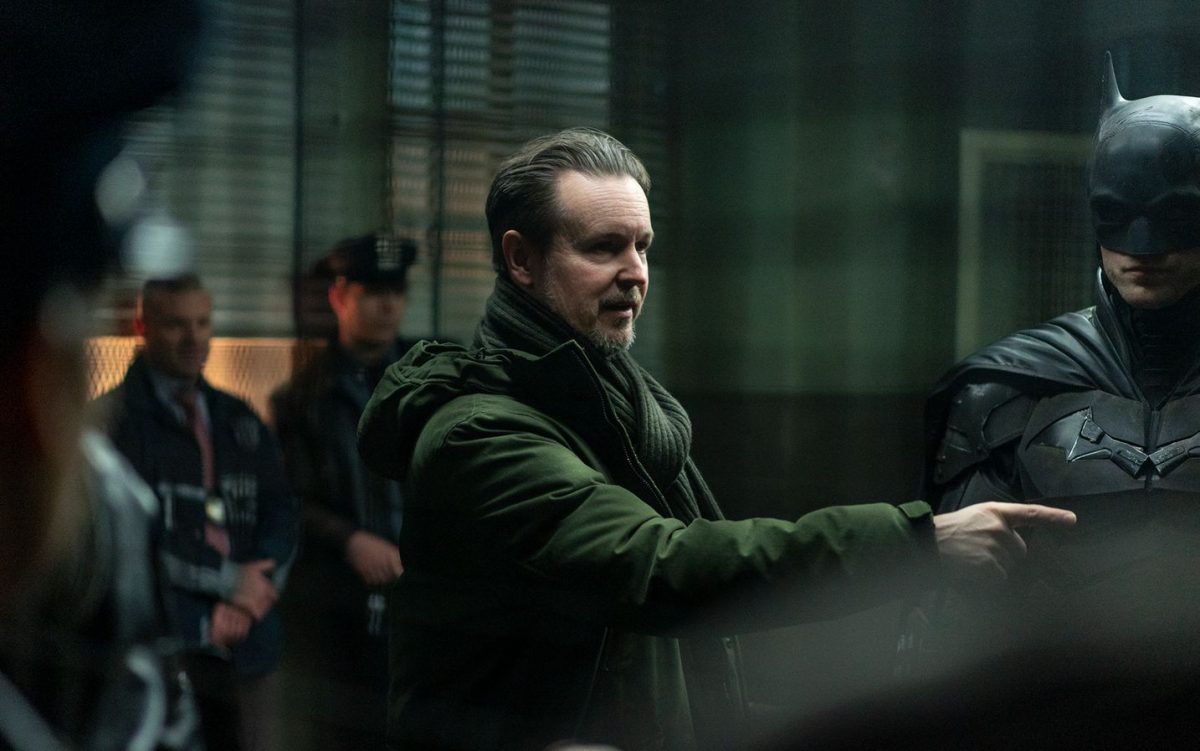
That's what drew Planet of the Apes director Matt Reeves to this new take, in a tale that is dark, gritty and influenced by noir, but also inexperienced, shaped by trauma, and unsure of his place in Gotham City.
"We'd seen origin stories. I wanted to feel like we were doing something that while it was the character that everyone knows, it was in a way that you hadn't seen before.
"I really wanted to take Batman as a character and have him be in his early days. You know, haven't been a year to Batman," explained the 55-year old director in an interview with Geek Culture to detail his play-by-play.
"I wanted to do a movie where Batman continues to be at the centre of that arc. It was a chance to see a version of the character who really didn't quite understand how to be Batman fully yet. He had all the makings of the world's greatest detective and at the same, had room to grow."
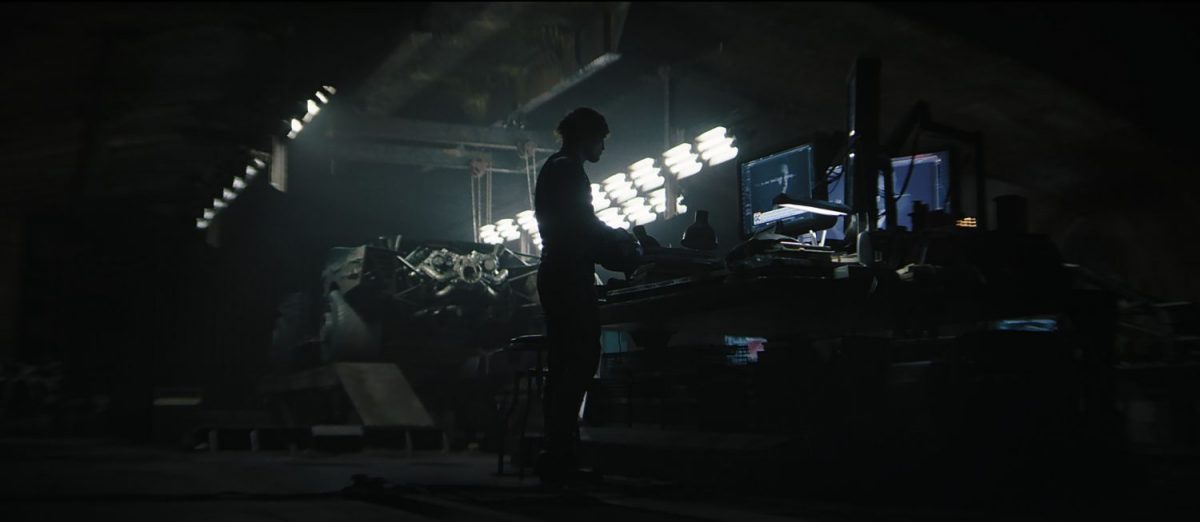
The last thing he wanted, was to simply make another Batman movie. Many Batman films tend to have a similar structure where Bruce Wayne goes through the arc of becoming Batman. A hero born from trauma, who learns to master himself and then jets off to engage with the Rogue's Gallery.
And whilst such a structure means fans get the opportunity to see the hero go toe to toe with amazing villains like Two-Faced and Joker in the past, Reeves wanted to explore the dark and twisted psychological journey of becoming Batman instead.
"And so really what he's doing, desperately, is trying to make sense of his life. I thought that it would be great to take him on a journey where a mystery and the solving of that mystery, where nobody's supposed to know who he is and yet this killer at each of these crime scenes is leaving correspondence directed to the Batman. It starts to get under his skin and you start to see him be unmooored psychologically."
Coming to that decision of how to portray Batman did not come easy for the director.
He delved deep into the reading materials and found himself blown away by Batman: Year One, the 1987 mini-reboot from writer Frank Miller and artist David Mazzucchelli that showed a young and in-turmoil Bruce Wayne figuring out how to be a vigilante.
So instead of shaping the Dark Knight, Reeves focused on who Bruce Wayne was.
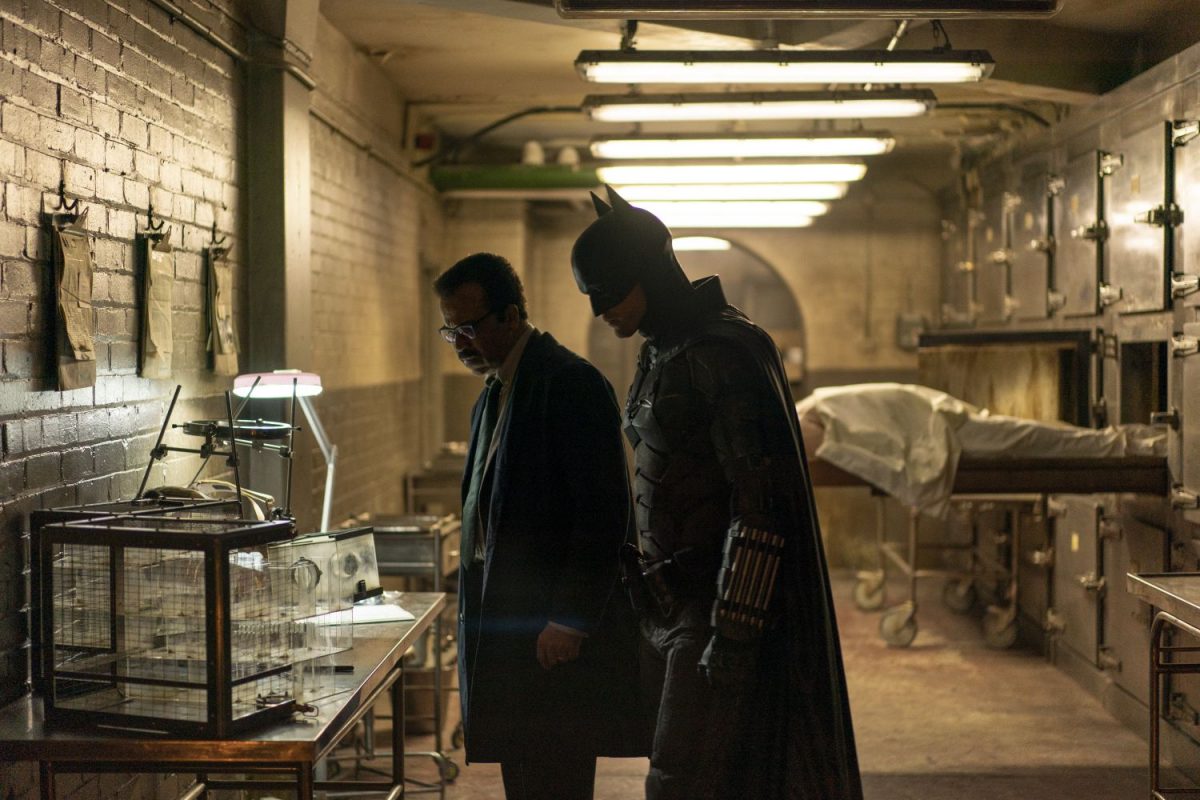
It was detective noir, violent and detailed a mentally dubious loner who puts on a disguise and begins hunting criminals at night. Reeves leaned heavily into the reclusive loner persona and shaped his "quintessential Bruce Wayne" from there.
A boy born into Gotham Royalty who has only ever known tragedy. Privileged with wealth, but burdened with demons in his mind.
Rather than continuing the philanthropic work of his parents, he shuns away from the media, from the glitz and glam and finds himself processing his trauma through vigilantism, or rather his own idea of vengeance.
"Bruce Wayne, we've seen him many times as the Playboy and that is kind of the iconic version that everyone associates. Along the way, I started thinking about the Waynes as Gotham royalty.
"He is the descendent of royalty and his response to tragedy, instead of going out and becoming a playboy, was to become a recluse. He doesn't want his Wayne mantle. He doesn't care about any of that stuff, because he's so obsessed with making sense of his life," said Reeves.
"Fighting criminals is actually all about him revisiting this idea of what happened to him as a child and seeing if he can make this place different in a way that's very personal.
"He's a guy when you see him, it's like a sighting - people are like 'Wait, that was Bruce Wayne?'. They would think this guy probably is just a sad screw-up. He's probably used all of his money and all that excess to become I don't know, a drug addict?"
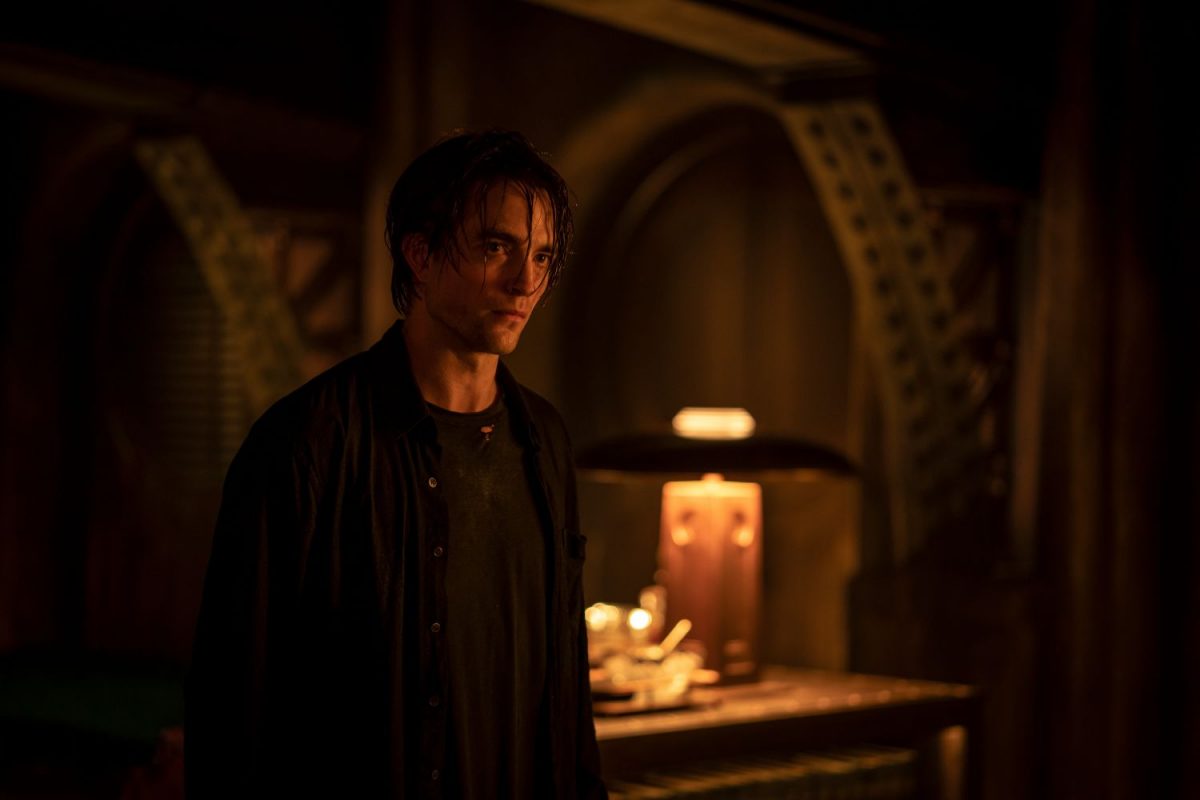
Reeves paused before continuing, "He looks pale and of course, the reason is because he's addicted to what he's doing. It is a drug. It's the drug of being Batman. So, how can we define Bruce Wayne? That was quintessentially Bruce Wayne."
In The Batman, the heir to Wayne Enterprises is hardly seen at social and political events, and only ever stepping out of Wayne Manor as Bruce Wayne approximately twice in the entire film.
All of which sees the characters around him either surprised and pleased to see him or moaning about how he hasn't been picking up his calls to talk business.
Bruce has led such a secluded life that only people of power closely related to his father are aware of who he is, and the everyday person wouldn't think that they're speaking to the billionaire Bruce Wayne.
When out on the streets, Batman tends to take a beating or two still. His body is broken and bruised from all the fighting.
Whilst he doesn't necessarily make mistakes - since every move he makes is somewhat calculated - there were instances where he's a little too late. Okay, not a little. Like, an hour or so late.
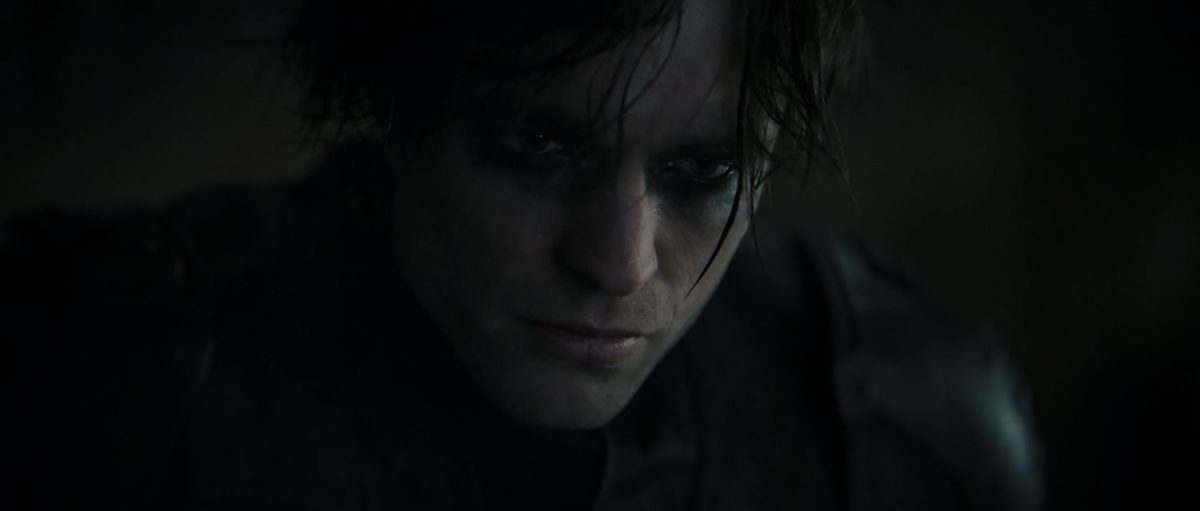
His inexperience at being a vigilante shows in the lack of Bat-tech that fans have grown familiar with too.
The new Batmobile in The Batman lacks the tank-like styling of many previous versions and instead looks more like an old car salvaged from a scrapyard and remade into a crime-fighting vehicle by Bruce and his trustful aid Alfred Pennyworth.
It still has some turbos and boosts here and there - think Fast and Furious - but it certainly does not have rockets.
Aside from Batman: Year One, films like Chinatown, Taxi Driver, French Connection and Seven were some drivers of inspiration too.
The detective, cop-noir movie transpired into the relationship Batman has with police detective Jim Gordon, as well as the motivation behind Riddler's crimes.
Reeves wanted to do a movie that would take viewers down a path of various murders that exposed the corruption happening in Gotham City, and that the only way to stop the serial killing was to form an unlikely partnership between the Dark Knight and Gordon.
The killing needed a purpose and had to hit Batman/Bruce Wayne where it hurts too as it will allow both the director and the viewers to delve deeper into the character's psyche and flesh out this arc even more.
"I thought about a lot of 70s movies, like Popeye Doyle, with the partnership that's in The French Connection too. I knew the kind of story that I wanted to tell.
"I did a long deep dive, looking at all the comics that you mentioned, and I knew that if it was going to be centred around this crime that needed to be personal - and in that way, it was sort of inspired by a movie like Chinatown," shared Reeves.
"It's not an origin tale, you just know this guy had problems in Chinatown and you see him go through the whole trauma again, and by the end of that story, he's going to be put through a trial that pushes him to all kinds of dramatic depths.
"And I wanted to make sure that Batman wasn't a safe distance from this crime, that this crime that he was going on the pursuit of was going to describe the history of Gotham, but also his history."
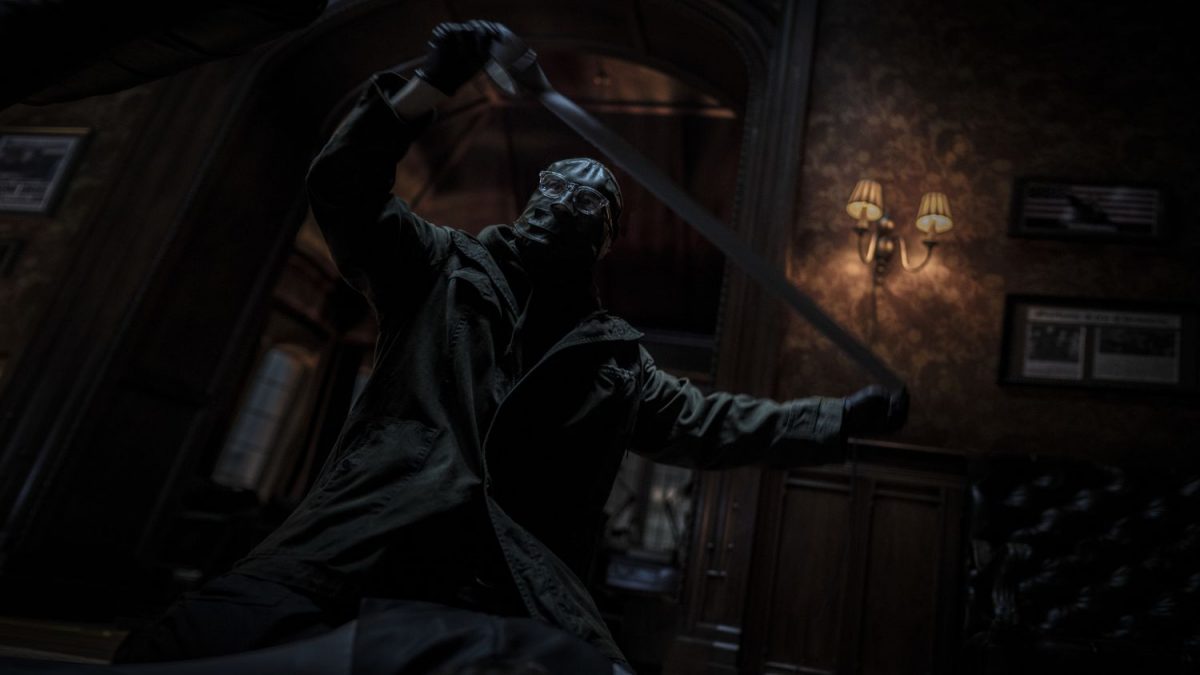
That being said, Reeves' Riddler is far scarier and more threatening than the villain we see in the comics, animated series and of course, Jim Carrey's over the top version from Batman Forever (1995).
The villain that at times could be categorised as comical, is anything but in Reeve's version. In this updated take, the Rogues' Gallery villain challenges and even outsmarts Batman.
Like in the comics, Paul Dano's Edward Nashton isn't insane per se but comes close to being rather maniacal, and enjoys being intelligent and applauded for it.
The villain who once loved doing nothing more than teasing the Dark Knight has more up his sleeve, and he doesn't antagonise Batman just for giggles.
The villain that at times could be categorised as comical, is anything but in Reeve's version. He's highly intellectual and willing to do anything to see his justice prevail.
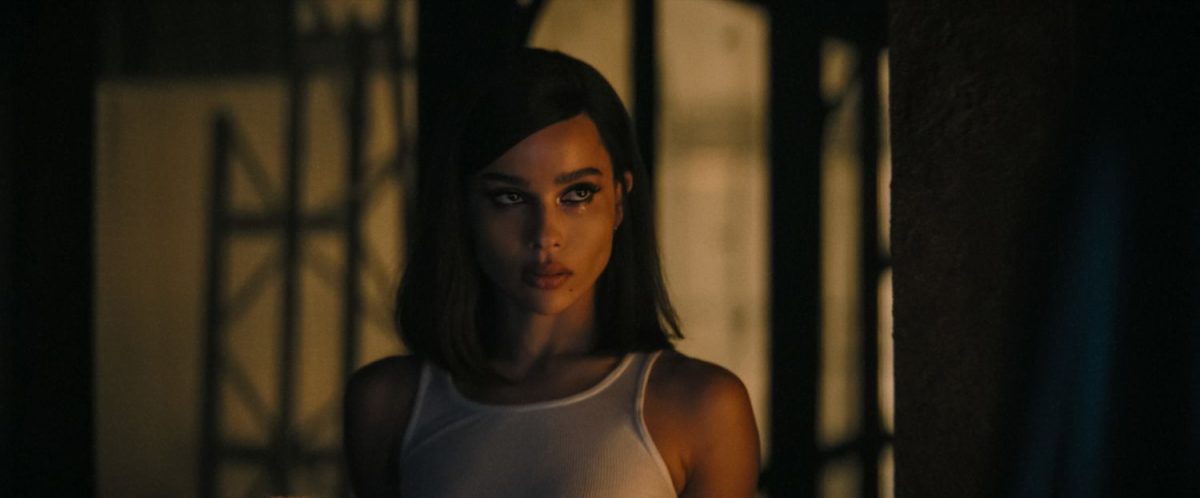
Aside from Riddler, The Batman also reintroduces two other characters who've previously appeared in live-action - Oswald "Oz" Cobblepot (Colin Farrell) aka Penguin, and Selina Kyle (Zoe Kravitz) aka Catwoman.
Like Batman, they're hardly established Gotham City iconic yet. In fact, most of them are seemingly unaware of the potential they hold.
"Riddler is obviously aware that there is this masked figure and to some degree is responding to that in what he's doing. And you see a Selina Kyle who's not yet Catwoman," said Reeves of the Rogues' Gallery.
"You see Penguin who is a mid-level criminal, who we all know has the potential to be the Kingpin but no one in the movie even knows that he's kind of looked down on in certain ways."
Reeves also confessed to channelling Kurt Cobain of Nirvana when writing The Batman.
Perhaps it's the mental struggle, the addiction and brokenness of the two men that allow Reeves to make that connection, but from that moment on, he knew who he wanted, or rather needed to don the cowl. It had to be Robert Pattinson.
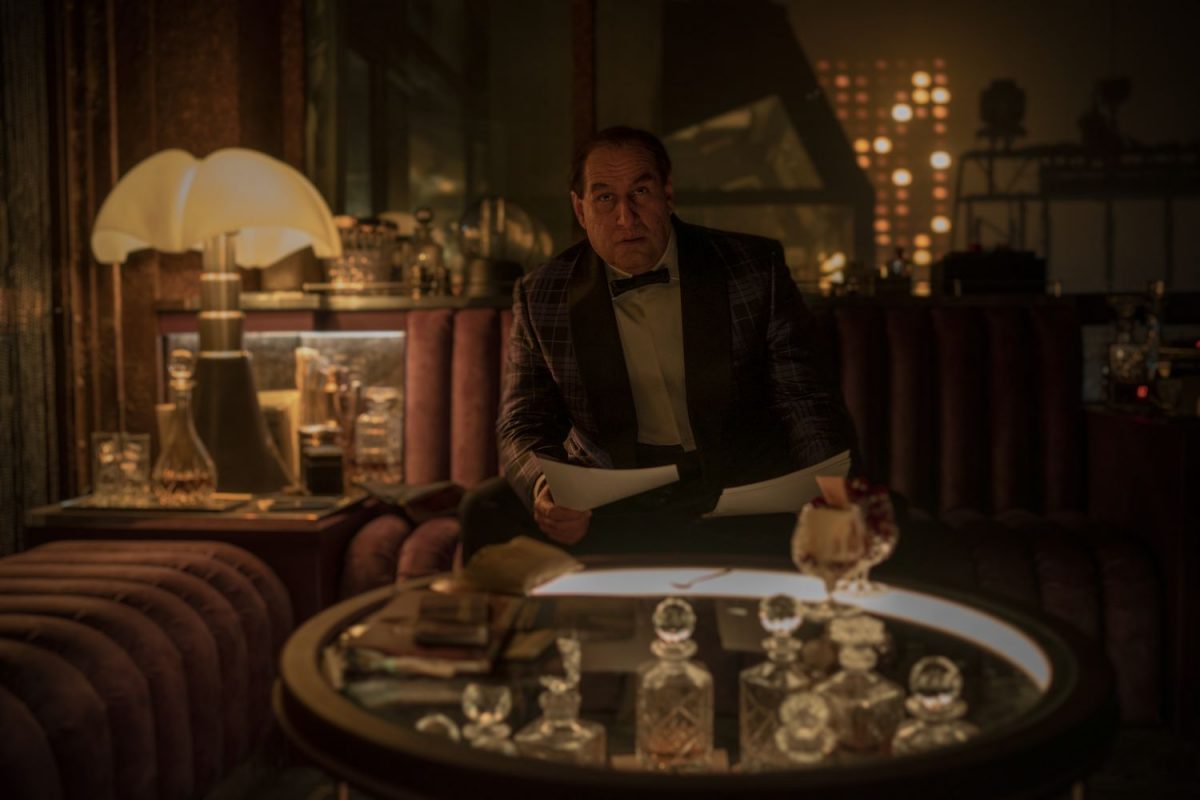
Reeves admits, "As I was writing, something in [Nirvana's] music said something to me that I thought 'Oh, this feels like him (Bruce Wayne), and that's when I first started thinking of Rob. I started imagining Rob Pattinson!'"
"I saw him in this movie called Good Time and he's got this crazy, wild, obsessive desperation. And he's very purpose-driven.
"At the same time, there's this tremendous vulnerability and he seems very out of control and a little dangerous and that spoke to what I thought this version of Batman could be."
Reeves pointed out that his version of Batman is nothing fans have seen before, and as proud as he is to bring this version to life, he understands that it may not be everyone's cup of tea.
After all, Batman has over 80 years of history from page to screen. There have been many varying versions of Batman that appeal to different generations of audiences, and Reeves is just honoured to bring a different version of him for this new generation of viewers.
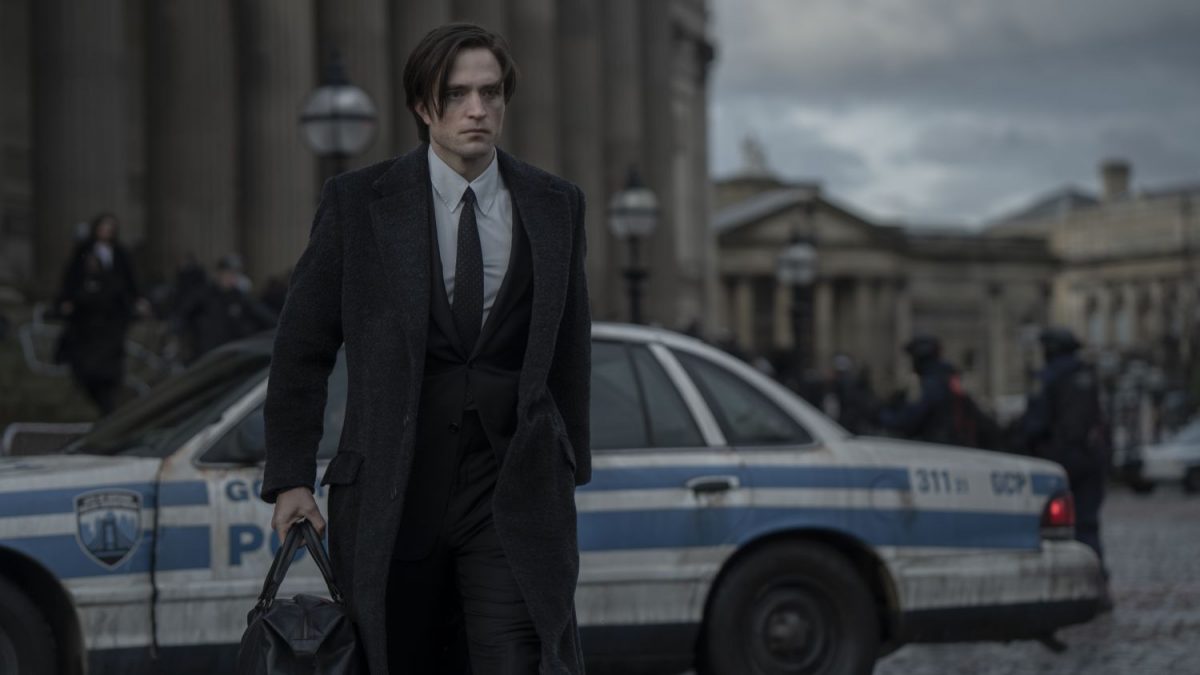
"This is a character that's endured for 80 years so everybody in their minds through all the comic books, through all the movies, through the TV show, through every iteration, everybody has a different version of Batman in their head, right? Their perfect version is not necessarily someone else's, and all you can really do is sort of make sure that after 80 years you were coming in to do a worthy new version," smiled Reeves.
"It's a real testament to how enduring this myth is. I have to say that when I was writing, the thing that I was taking note of is how you walk down the street anywhere, and you see people in their Batman baseball caps or Batman sweatshirts and you realise that this character belongs to everyone. I felt I could make a case for why we should have yet another version of Batman and that's everything we tried to do."
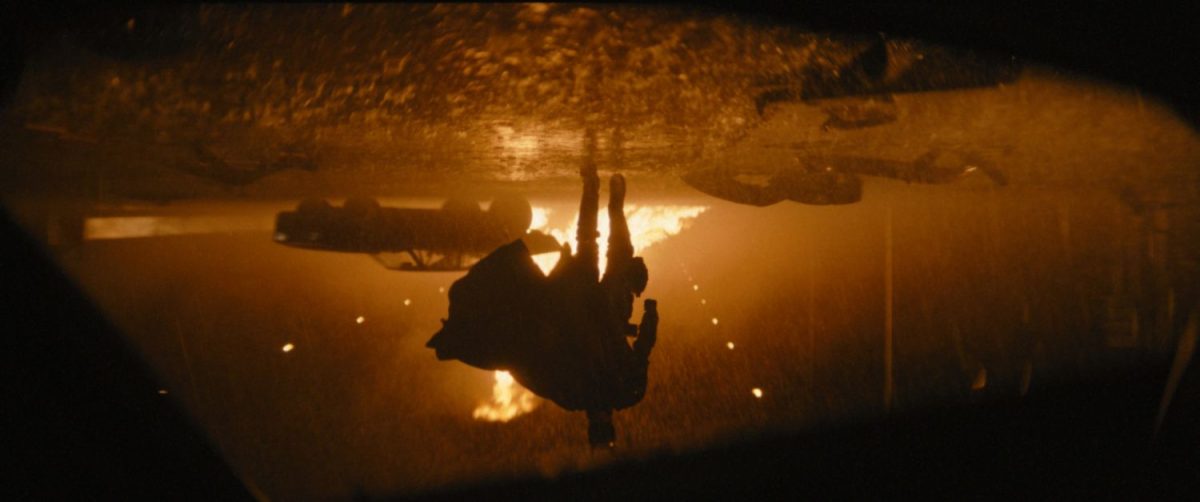
A standalone movie, The Batman has already paved the way for two spin-off series for HBO Max: One focused on the Gotham City Police Department, and another on Colin Farrel's The Penguin.
With the idea of multiverses being the hottest thing in the superhero genre right now, Reeves is not rushing for a Batffleck and Battinson crossover just yet.
In fact, he'd want to build his own empire within the Batverse first and explore as many characters as possible before thinking of expanding the world any further.
"That was a mindblower, what happened in Spider-Man but for me, what I really wanted to do, and my whole focus has been about creating this Batverse.
"There are a lot of stories I want to tell in this universe. There are so many characters we've yet to see, there's so much ground to cover. It'll be really exciting to dig into all of that before we get into the multiverse," affirmed the director.
"I think most of all, what matters is how fans react to this world. Whether or not there will be other movies is going to come down to whether or not people connect to this version, and obviously, I really, really hope that they do."
The Batman premieres on March 3, 2022.
READ ALSO: Matt Reeves reveals why he rejected Ben Affleck's The Batman script
This article was first published in Geek Culture.